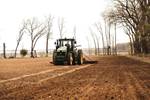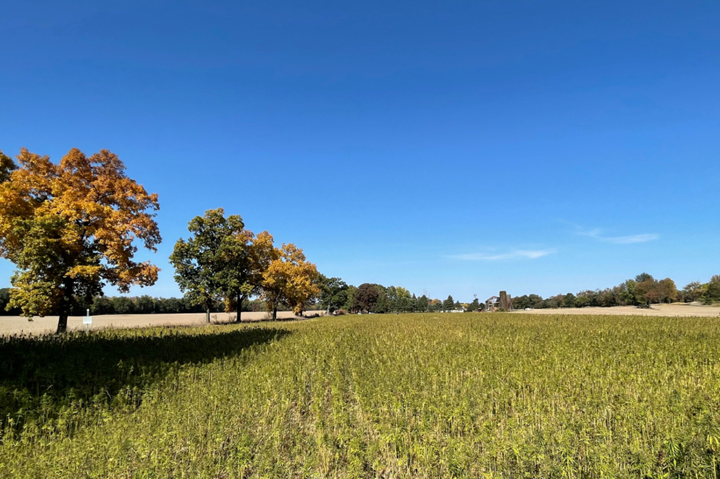Heartland completes first industrial hemp fiber life cycle assessment
Life cycle assessment (LCA) studies Heartland’s Imperium Filler natural fiber additive as a carbon-negative replacement for mineral fillers commonly used in plastics.
Heartland (Detroit, Mich., U.S.), a biotech company that engineers hemp fibers as additives for plastics, has completed its life cycle assessment (LCA) to determine the carbon footprint of Imperium Filler — a lignocellulosic powder/natural fiber additive — from cradle to gate. This research shows that every 1 kilogram of Imperium Filler removes 3 kilograms of CO2 equivalent (CO2e).
Heartland’s LCA was completed by Presidio Graduate School (San Francisco, Calif., U.S.) and Steffan Unnasch, managing director of Lifecycle Associates (Portola Valley, Calif., U.S.), in accordance with ISO 14040 Standards for LCAs.
The research studied Heartland’s Imperium Filler as a replacement for mineral fillers commonly used in plastics. Specifically, the LCA quantifies filling plastic with 20% Imperium Filler to replace talc and calcium carbonate (two commonly used plastic additives).
In addition Heartland’s Imperium Filler is also used as an additive for rubber, foam, asphalt, paper and concrete. This LCA will provide the backbone for lower carbon footprint solutions across raw material supply chains, according to the company, decarbonizing plastic products without compromising strength or cost.
“SEC climate disclosures are coming online over the next couple of years. This is going to force public companies and their suppliers to disclose scope 1, 2 and 3 carbon emissions,” Heartland CEO, Jesse Henry, says. “Our sustainability platform will support manufacturers with the materials and technologies needed to create lower carbon footprint everyday products.”
Heartland’s carbon-negative additives are reported to be simple, drop-in solutions that reduce the environmental impact of products. See “Augmenting engineered thermoplastics with natural fibers” to learn more.
Related Content
-
Plant tour: Joby Aviation, Marina, Calif., U.S.
As the advanced air mobility market begins to take shape, market leader Joby Aviation works to industrialize composites manufacturing for its first-generation, composites-intensive, all-electric air taxi.
-
The potential for thermoplastic composite nacelles
Collins Aerospace draws on global team, decades of experience to demonstrate large, curved AFP and welded structures for the next generation of aircraft.
-
Combining multifunctional thermoplastic composites, additive manufacturing for next-gen airframe structures
The DOMMINIO project combines AFP with 3D printed gyroid cores, embedded SHM sensors and smart materials for induction-driven disassembly of parts at end of life.

















